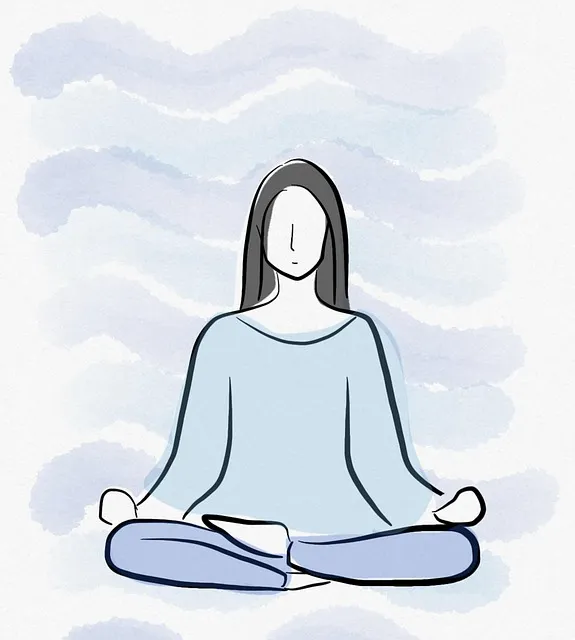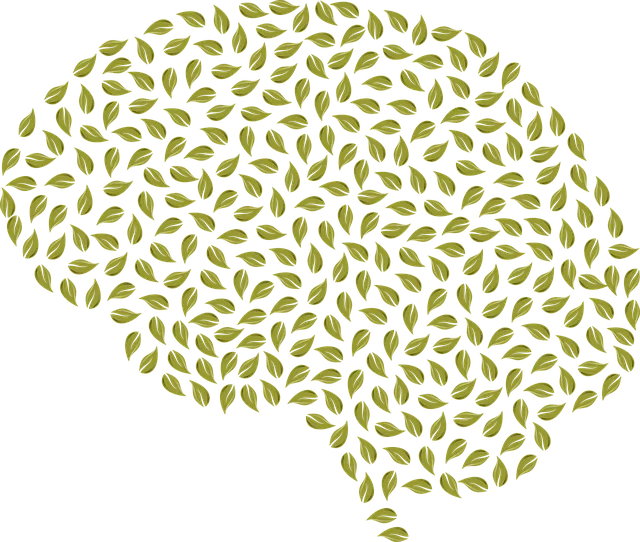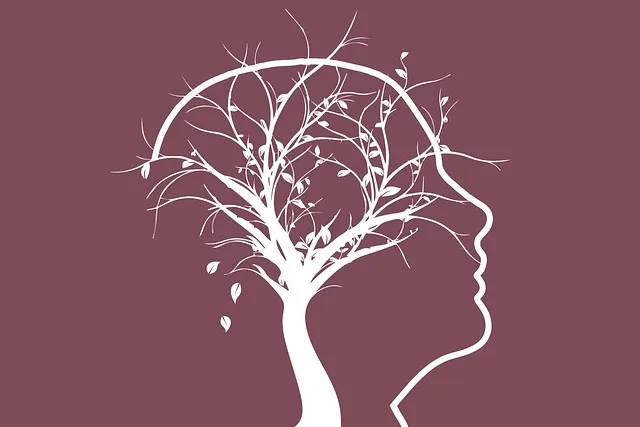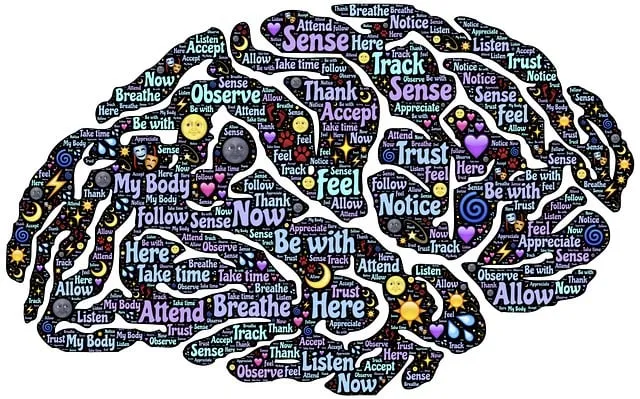The Castle Rock Kaiser Permanente behavioral health center offers comprehensive mood regulation support using evidence-based techniques like CBT and mindfulness practices. They promote self-esteem improvement, burnout prevention, and accessible community outreach programs. Mindfulness meditation, physical activity, and strong support systems are emphasized for overall mental well-being, with cultural sensitivity and tailored care.
At Castle Rock Kaiser Permanente behavioral health center, we explore effective mood regulation strategies for a healthier, more balanced life. This comprehensive guide delves into various techniques designed to foster emotional stability and well-being. From cognitive behavioral therapies that reshape your perspective to mindfulness practices calming chaos, each section offers powerful tools. Discover the transformative power of physical activity and learn how to build supportive networks that contribute to your overall emotional health.
- Understanding Mood Regulation: A Journey to Stability
- Cognitive Behavioral Techniques: Shaping Your Perspective
- Mindfulness and Meditation: Finding Calm in Chaos
- Physical Activity's Role: Movement as Therapy
- Building Support Systems: Connection for Emotional Well-being
Understanding Mood Regulation: A Journey to Stability

Understanding Mood Regulation: A Journey to Stability
At the Castle Rock Kaiser Permanente behavioral health center, we recognize that mood regulation is a complex process involving a multitude of factors. It’s not just about erasing negative emotions but achieving a balanced state where one can effectively navigate life’s challenges. Our experts emphasize that this journey towards stability is unique for each individual, shaped by their experiences, genetics, and personal circumstances. By understanding these nuances, we tailor strategies to support mental well-being.
Through our comprehensive approach, we guide individuals in developing coping mechanisms that go beyond quick fixes. This involves exploring evidence-based techniques such as cognitive behavioral therapy (CBT) for managing stress and anxiety, mindfulness practices for cultivating present-moment awareness, and dialectical behavior therapy (DBT) for those dealing with intense emotions. Additionally, we promote self-esteem improvement and burnout prevention strategies to enhance resilience and overall mental health, as supported by our dedicated team of professionals. Even in the face of complex cases, we remain committed to assisting individuals in unraveling the intricate web of their emotions, much like a castle keeps its secrets safe within its sturdy walls.
Cognitive Behavioral Techniques: Shaping Your Perspective

Cognitive Behavioral Techniques, often referred to as CBT, offer powerful tools for individuals seeking to manage their moods effectively. This approach focuses on identifying and changing negative thought patterns that contribute to emotional distress. By understanding the connection between thoughts, feelings, and behaviors, one can begin to challenge and reshape their perspective—a key aspect of the Castle Rock Kaiser Permanente behavioral health center’s approach.
At its core, CBT emphasizes the concept of “Mind Over Matter,” encouraging individuals to take control of their mental processes. Through structured exercises and guided practices, clients learn to recognize unhelpful cognitive distortions and replace them with more balanced and realistic thoughts. This proactive strategy not only aids in alleviating symptoms associated with various mental health conditions but also fosters resilience and long-term well-being. Additionally, the Center’s commitment to community outreach programs and Mental Illness Stigma Reduction Efforts underscores its dedication to making these transformative techniques accessible to a wider audience.
Mindfulness and Meditation: Finding Calm in Chaos

In today’s fast-paced world, finding moments of calm amidst the chaos is a valuable skill. The Castle Rock Kaiser Permanente behavioral health center emphasizes mindfulness and meditation as powerful tools to regulate mood and enhance overall well-being. These ancient practices have proven effective in modern times, offering a peaceful sanctuary within the bustling lives we lead.
Mindfulness involves being fully present and engaged with the current moment, observing thoughts and emotions without judgment. Meditation, on the other hand, is a practice that cultivates focus and mental clarity by training the mind to concentrate on specific objects or thoughts. Integrating mindfulness into daily routines, such as Self-Care Routine Development for Better Mental Health, can help individuals manage stress, improve mood, and foster a sense of resilience. Cultural Sensitivity in Mental Healthcare Practice also plays a significant role, ensuring that these ancient practices are accessible and adaptable to diverse backgrounds, making them truly inclusive and beneficial for all.
Physical Activity's Role: Movement as Therapy

Physical activity serves as a powerful tool for mood regulation, offering a holistic approach to mental well-being. At the Castle Rock Kaiser Permanente behavioral health center, experts emphasize the therapeutic benefits of movement for individuals seeking crisis intervention guidance or struggling with mood management. Research suggests that engaging in regular physical activity can significantly reduce symptoms of depression and anxiety, providing an accessible and effective strategy for enhancing overall mental health.
Through various forms of exercise, from aerobic routines to mindfulness-based practices like yoga, individuals can experience a sense of calm and improved emotional resilience. These activities stimulate the release of endorphins, often referred to as ‘feel-good’ hormones, which contribute to a positive mindset. Incorporating movement into daily routines not only promotes physical health but also serves as a valuable component in the design of mental health education programs, fostering a comprehensive approach to well-being.
Building Support Systems: Connection for Emotional Well-being

Building strong support systems is an essential aspect of emotional well-being, as recognized by the Castle Rock Kaiser Permanente behavioral health center. This includes fostering meaningful connections with family, friends, and peers who can offer encouragement and understanding during challenging times. At the Castle Rock Kaiser Permanente behavioral health center, they emphasize the power of these relationships in navigating life’s ups and downs. By cultivating an environment of trust and openness, individuals can share their feelings and experiences, breaking down barriers to emotional regulation.
The Mind Over Matter Principles, promoted by the Castle Rock Kaiser Permanente behavioral health center, encourages active engagement with one’s thoughts and emotions. Effective communication strategies, such as those learned through Healthcare Provider Cultural Competency Training, play a crucial role in building these support systems. By enhancing cultural understanding, healthcare providers can better connect with clients from diverse backgrounds, ensuring that emotional well-being services are inclusive and tailored to individual needs.
Mood regulation is a multifaceted journey towards emotional stability, with various strategies offering valuable tools. From cognitive behavioral techniques that empower individuals to reframe their perspectives, to mindfulness practices that cultivate calmness, each approach holds distinct benefits. Incorporating physical activity and fostering supportive connections further strengthens this process. For those seeking guidance, the Castle Rock Kaiser Permanente behavioral health center provides comprehensive resources tailored to individual needs, enabling a brighter path towards well-being.






